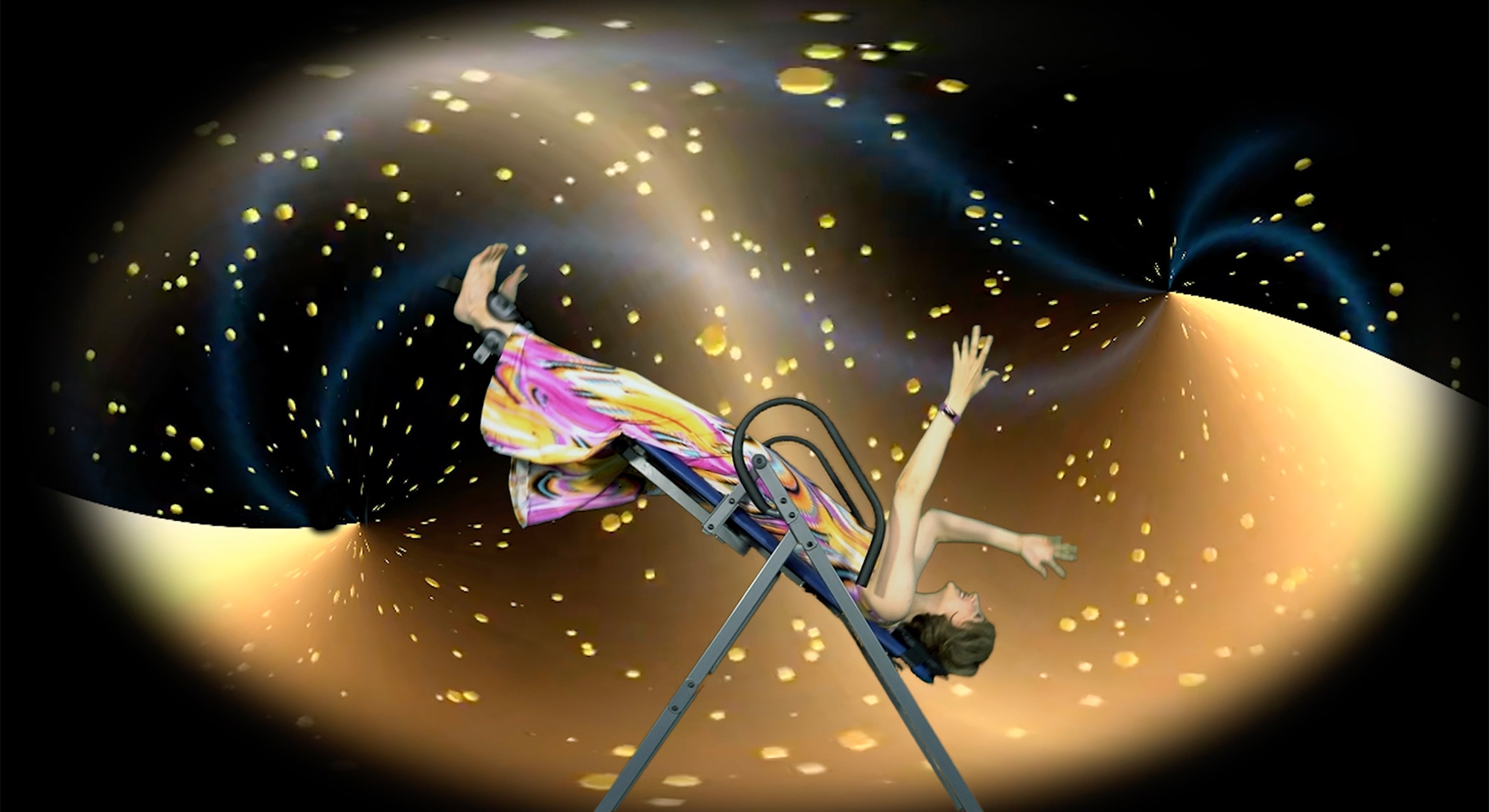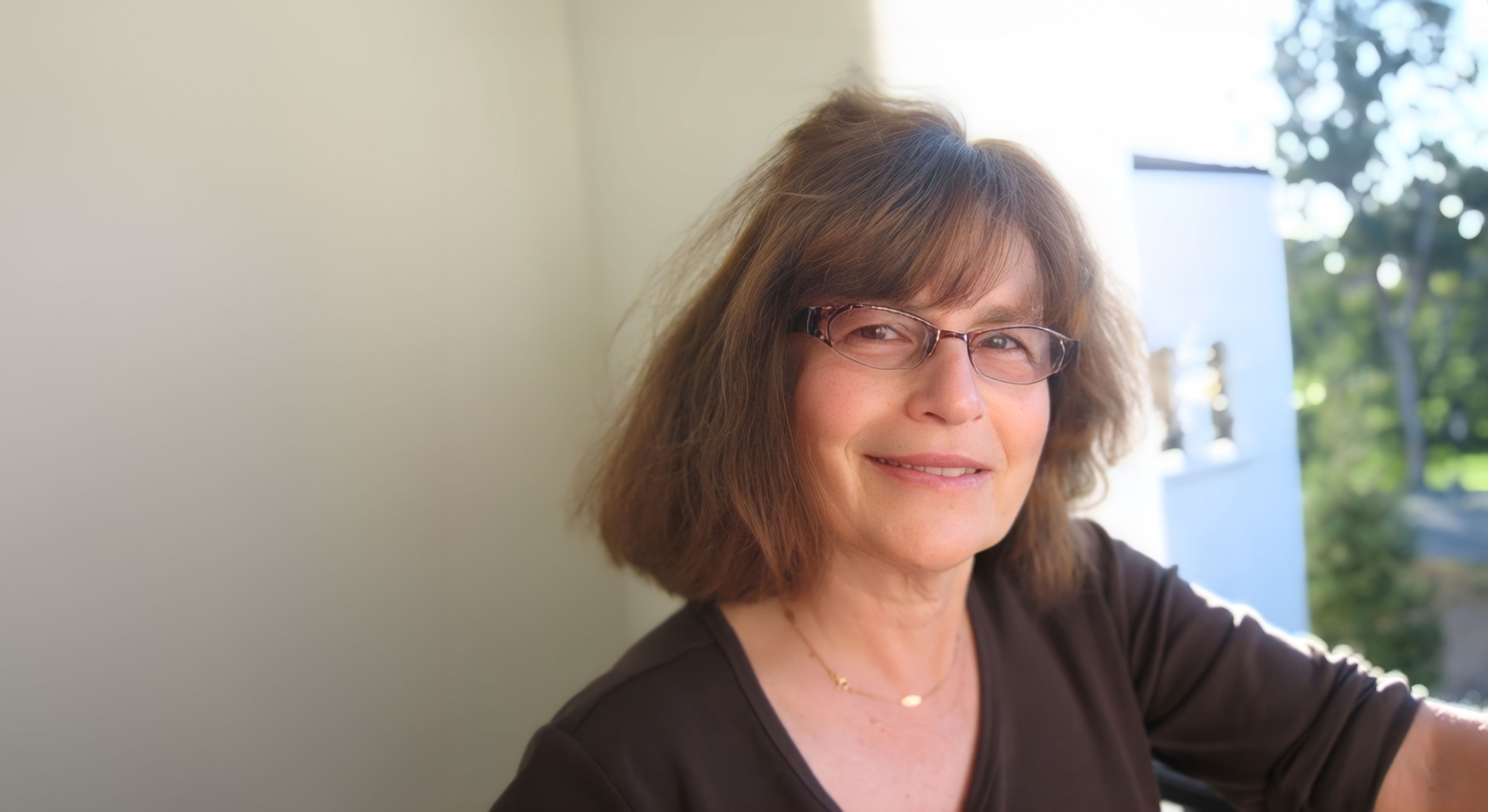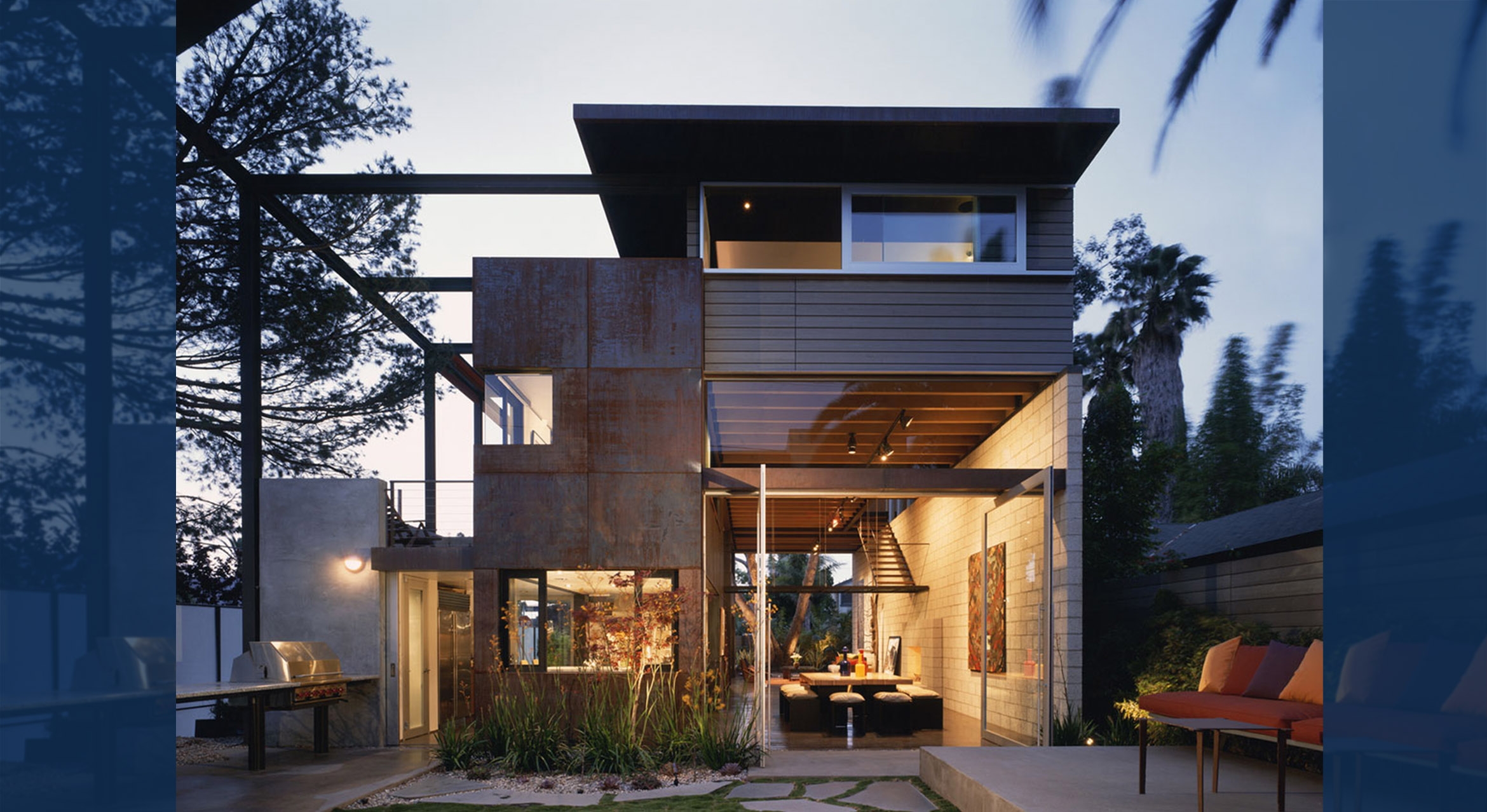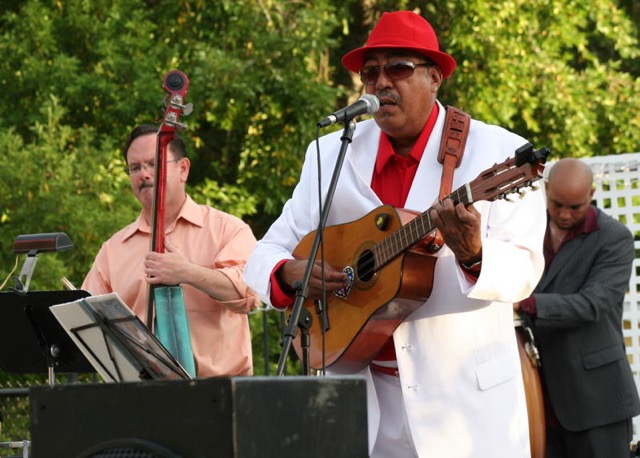
Music to Their Ears
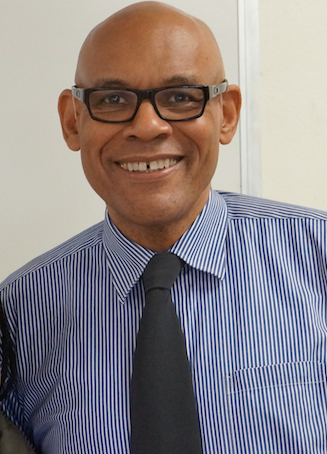
In a discussion about Isla Vista, the city of Paris doesn’t likely come to mind — and vice versa — but UC Santa Barbara professor Jeffrey Stewart saw the connection, thanks to a student’s joke.
While teaching a course on the history of jazz in the Department of Black Studies, Stewart was describing the influence that spaces have on jazz music, such as the very small, congested and tense venues in Paris. And, he said, one of his students quipped: “ ‘Oh, you know, like IV.’ ”
The seed was planted.
And now it’s bearing fruit: Jeffrey’s Jazz Coffeehouse, an occasional pop-up club in Isla Vista. In an intimate, Paris-like setting, faculty, students, non-students and musicians can gather on “neutral ground” for friendly, lively discussions — and, of course, good music.
The next coffeehouse show will feature salsa with Tito y su Son de Cuba, at 8 p.m. Friday, March 3, at the Aladdin Café, 938 Embarcadero del Norte. It is free and open to the public.
“With salsa it’s great, because it’s directly connected to jazz,” Stewart said. “Many of the people who essentially developed the first salsa bands were Cubans and Puerto Ricans who were in New York. They were there hearing jazz. So they had more complex personalities and cultures than are often thought of in this context. We’re trying to really sort of say that jazz and culture is a diverse composite and we have a lot in common.”
What also is important is that salsa music is a way to recognize the historical traditions of Isla Vista, with its strong Mexican and Latin American presence. “And so salsa is perfect,” Stewart continued. “I mean salsa is not a Mexican tradition per se. It emerges in the 1960s, mainly in New York and it’s a Cuban art form. Nevertheless, salsa is a bridge for the local community and for us, showing the way Latin and African traditions have fused and grown together.”
When he proposed the coffeehouse, Stewart, a professor of Black Studies, said some people doubted young students would like jazz. Stewart even laughingly acknowledged that some students in his class have cracked that jazz gives them something to talk about with their parents.
“But I haven’t really found it’s been a tough sell,” he said. “One of the things we do is we’re utilizing local musicians, largely, so those musicians are contemporary musicians. So they often are used to playing jazz to contemporary audiences. There’s a mixture of jazz, pop, R&B. Jazz today has sort of more of an eclectic form. And, in particular, there are dance traditions that are kind of coming back.”
According to Stewart, the coffeehouse ran from January to March 2016 to coincide with his history of jazz class, but the desire to continue the gatherings lingered after the class ended. So with help from Kim Yasuda, a UCSB professor of art and longtime Isla Vista resident, and Victor Rios, a professor of sociology at UCSB, Stewart extended the program over the current academic year.
Yasuda’s students help decorate the Aladdin Café, a Mediterranean restaurant, to resemble a jazz club. And Rios was the one who recommended his friend’s salsa band from Oakland.
“Those that participated in our classes were deeply moved by the engaged classroom model,” Yasuda said. “In a group discussion, many of them expressed how this music had activated their learning and got them thinking about the role of music and art in transforming culture — particularly in IV. Those that encountered the pop-up jazz experience from the street were both surprised and delighted ... many had never had the experience of hearing jazz live and learning about its history as a form through the musicians themselves.”
The professional musicians are paid, but they accept less than their normal rate, Stewart said, adding that the UCSB Alumni Association does a terrific job of helping provide funding for this popular event.
While the music is certainly an important aspect, Stewart noted, there is a desire to have a kind of a reflective, pedagogical aspect to this. Friday’s event, for example, will feature a panel discussion about cultural fusion at 7 p.m. “We don’t want to be heavy-handed about it but this is not simply entertainment,” he said. “It is really using music to become aware of culture and social issues that are associated with the people who produce this music.”
